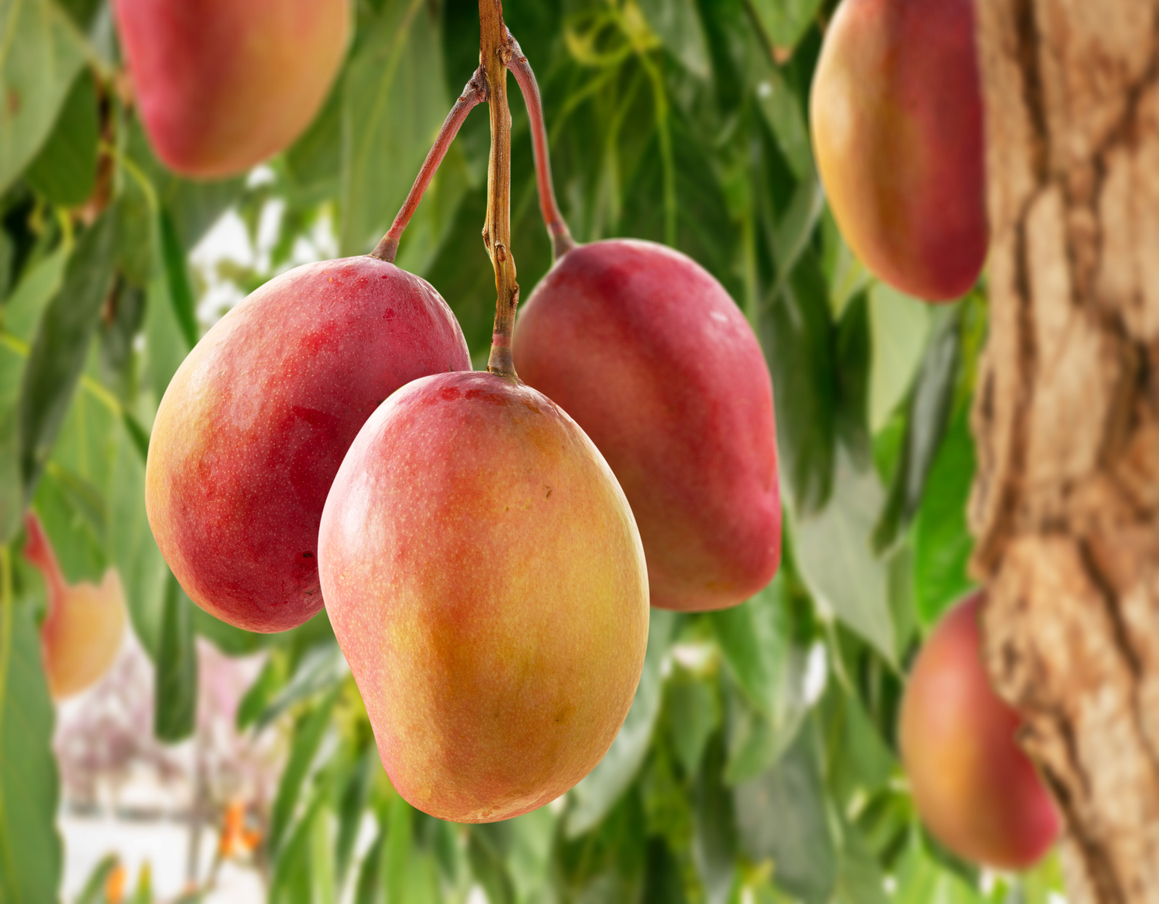Do Mangoes Grow in Mexico? A Guide to Mexico’s Mango Industry
Yes, mangoes grow in Mexico—in fact, Mexico is one of the largest producers and exporters of mangoes in the world. With its warm climate, fertile soil, and ideal growing conditions, Mexico produces millions of tons of mangoes each year, supplying both domestic and international markets.
If you’re curious about mango production in Mexico, the best growing regions, and how the country dominates global mango exports, this guide has all the answers.
1. Mango Production in Mexico
Mexico is one of the top five mango-producing countries globally, along with India, Thailand, Indonesia, and the Philippines. The country grows over 2 million metric tons of mangoes annually, with a large portion exported to the United States, Canada, Europe, and Asia.
Why Do Mangoes Grow Well in Mexico?
- Warm Climate: Mango trees thrive in tropical and subtropical regions, and Mexico’s year-round warm temperatures are ideal for cultivation.
- Fertile Soil: Many growing regions have nutrient-rich volcanic soil, which helps produce high-quality fruit.
- Long Harvest Season: Mangoes are available for most of the year, with peak production between March and September.
2. Where Do Mangoes Grow in Mexico?
Mangoes are cultivated across 23 states in Mexico, but the top-producing regions include:
1. Sinaloa (Northwest Mexico)
- One of the largest mango-producing states.
- Exports a significant share of Mexico’s mangoes to the U.S. and Canada.
- Known for growing Ataulfo, Tommy Atkins, and Kent mangoes.
2. Michoacán (West-Central Mexico)
- A major agricultural hub for various fruits, including mangoes and avocados.
- Produces high-quality Ataulfo mangoes.
3. Nayarit (West Coast)
- Offers an early mango harvest, making it one of the first states to supply mangoes each season.
- Exports to international markets, including the U.S. and Japan.
4. Guerrero (Southwest Mexico)
- One of the warmest growing regions, allowing for long production seasons.
- Produces large volumes of Tommy Atkins mangoes.
5. Chiapas (Southern Mexico)
- Near the border with Guatemala, this region has a tropical climate perfect for growing mangoes.
- Supplies both domestic markets and international buyers.
3. Popular Mango Varieties Grown in Mexico
Mexico produces several mango varieties, each with unique characteristics:
1. Ataulfo Mango
- Small, golden yellow, and creamy.
- Very sweet with little fiber.
- Mostly grown in Chiapas, Michoacán, and Nayarit.
2. Tommy Atkins Mango
- Large, red with yellow-green skin.
- Fibrous and slightly tangy.
- Popular for export to the U.S. and Europe.
3. Kent Mango
- Juicy, smooth, and less fibrous.
- Greenish-yellow with a hint of red blush.
- Grown mainly in Sinaloa and Nayarit.
4. Haden Mango
- Bright red with yellow and orange tones.
- Sweet and slightly fibrous.
- One of the earliest commercial mango varieties in Mexico.
5. Keitt Mango
- Large, green even when ripe.
- Less sweet but very juicy.
- Popular in the late-season harvest (August-September).
4. Mexico’s Mango Export Market
Mexico is the largest supplier of mangoes to the U.S., accounting for over 60% of imported mangoes. Other major export destinations include:
- Canada
- Japan
- European Union
- Middle Eastern countries
Mexico’s ability to produce mangoes nearly year-round makes it a dominant force in the global mango trade.
5. Are Mexican Mangoes Safe to Eat?
Yes! Mexican mangoes go through strict quality control and phytosanitary inspections before being exported. Many are treated using hot water or irradiation treatments to prevent pests, ensuring they meet international safety standards.
When buying Mexican mangoes, look for certifications such as:
- USDA-approved imports for the U.S. market.
- GlobalG.A.P. certification for sustainable farming practices.
- Organic certification for pesticide-free mangoes.
6. Can You Grow Mangoes in Mexico?
If you live in Mexico or plan to start a farm, mango trees are relatively easy to grow in warm regions. Here’s what you need:
- Climate: Mangoes need temperatures between 24-30°C (75-86°F).
- Soil: Well-drained, slightly acidic to neutral soil is ideal.
- Watering: Moderate watering, but avoid overwatering to prevent root rot.
- Sunlight: At least 8 hours of full sun per day.
- Time to Fruit: Trees take about 3-5 years to start producing mangoes.
Many local farmers and exporters start mango farms due to high demand and profitability in international markets.
Conclusion
Yes, mangoes grow abundantly in Mexico, making it one of the world’s top mango producers and exporters. With ideal growing conditions, diverse mango varieties, and a strong export market, Mexico plays a key role in supplying fresh mangoes to countries worldwide.
If you’re looking to import high-quality Mexican mangoes, Wigmore Trading can help. We specialize in sourcing and exporting premium mangoes to meet international demand. Contact us today for bulk orders and wholesale pricing!








Comments are closed.